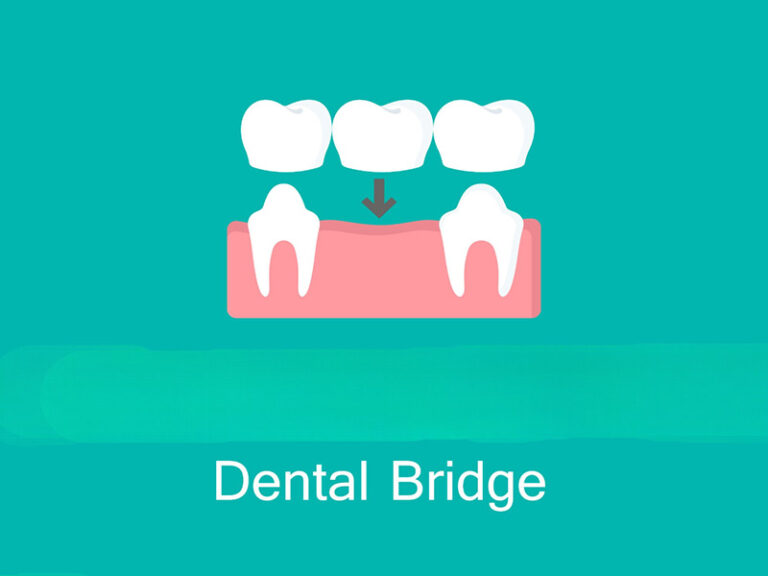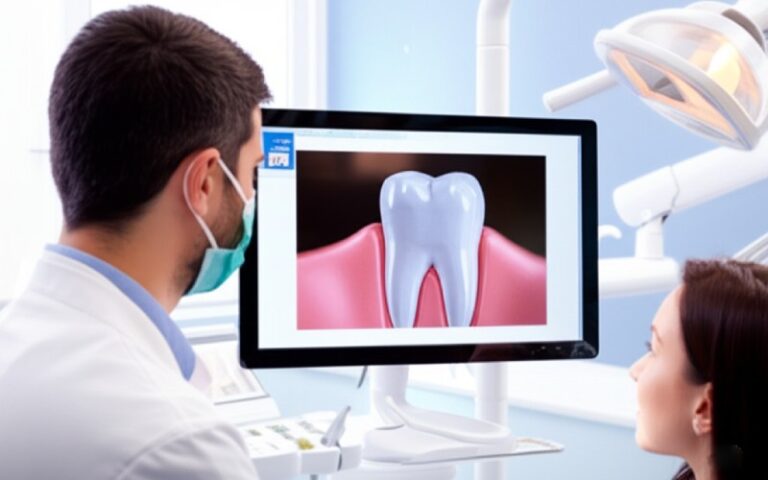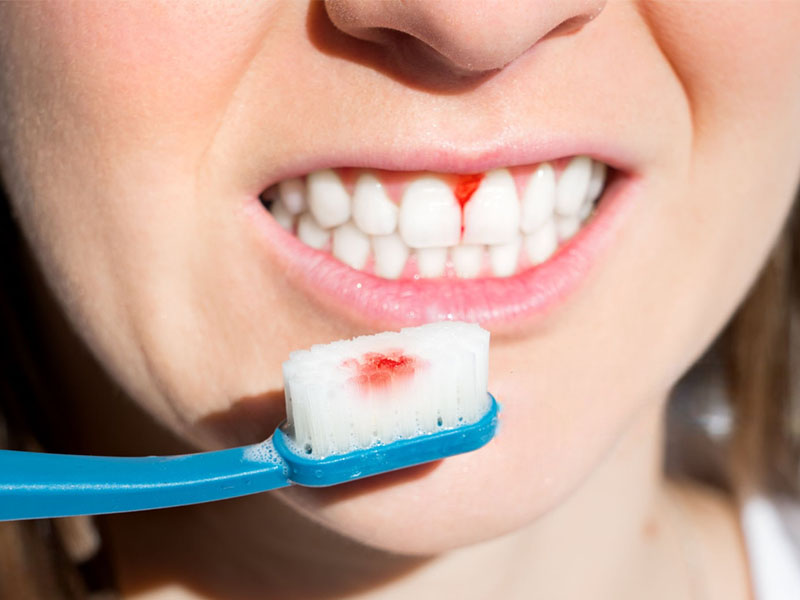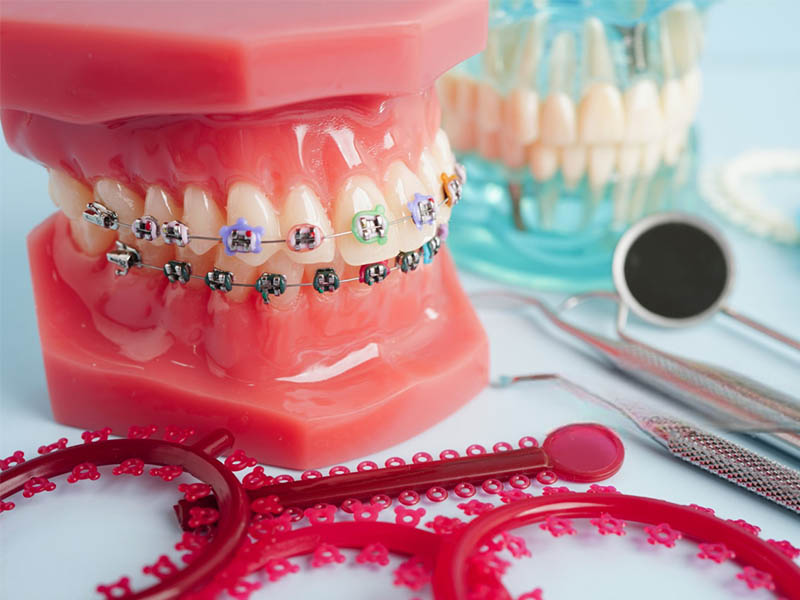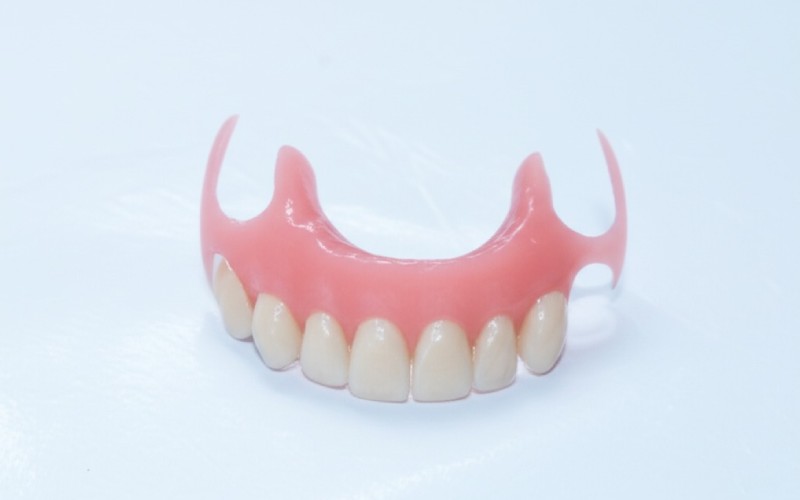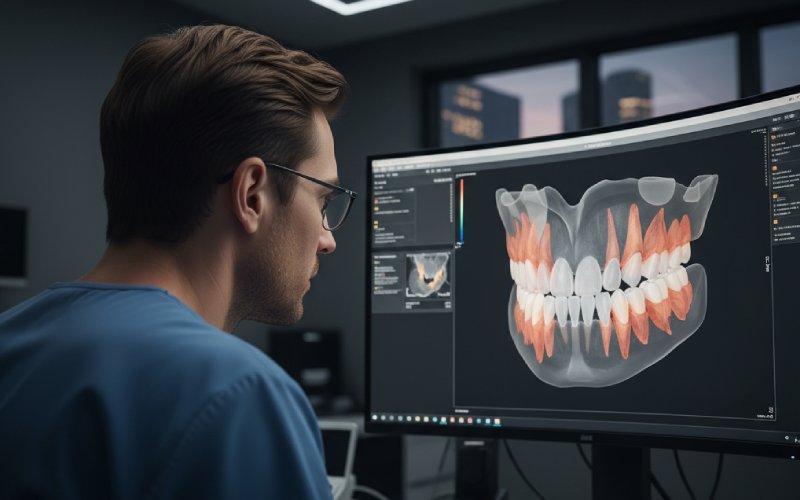
Who is Not a Good Candidate for a Dental Implant?
A dental implant is a great way to fill the space from missing teeth. It looks and feels just like a real tooth. But getting a dental implant is not the right choice for every person. This article will help you learn if a dental implant is right for you. We will talk about health issues and daily habits that might make a dental implant a poor fit. After reading this, you will know the right questions to ask your dentist before you get your new implant.
Table of Contents
What is the First Thing That Can Stop You From Getting a Dental Implant?
The first thing your dentist will look at is your oral health. To be a good candidate for a dental implant, you must have healthy gums. If you have gum disease right now, also known as periodontal disease, you are not ready for a dental implant just yet. Gum disease is an infection in the tissue of your gum. This infection can make the bone in your jaw weaker. A dental implant needs a strong and healthy jawbone to hold it tight.
You can think of a dental implant like a post for a fence. You would not put a post in ground that is soft and weak. You need earth that is firm and solid. In the same way, your dental implant needs a healthy gum and jaw to be strong. If you have poor oral habits, it can cause gum disease. Your dentist will want you to fix any gum disease before you think about getting a dental implant. Making sure your gum health is good is the first step for a dental implant to work. Poor oral health will almost always disqualify you until the problem is solved.
Is Having Too Little Bone a Big Problem for a Dental Implant?
Yes, not having enough bone is a very big issue for a dental implant. The dental implant itself is a tiny metal post. This post is placed into your jawbone. Over a few months, your bone will grow around the implant. This joins the implant to your bone and locks the implant in place. This gives the dental implant a stable foundation for a new tooth cap, or crown. If your jawbone is not thick enough, the implant will have nothing to grip. It will be loose and will most likely fail.
Losing a tooth is a common cause of bone loss. When a tooth is gone, that part of your jawbone doesn’t get used for chewing anymore. Your body feels the bone isn’t needed there. So, it starts to shrink and weaken. This is why it is a good idea to think about a tooth replacement option soon after you lose a tooth. If you wait a long time, you could lose more jawbone. This makes getting a dental implant later more difficult. Your dentist must check that your jaw has enough density for a dental implant to work well.
How Does a Dentist Check Your Jawbone Density?
Your dentist has special tools to look at your jawbone. They will use X-rays to see your bone structure. A special kind of X-ray, known as a 3D cone beam scan (CBCT), shows a very clear picture of your jaw. This scan shows how tall and wide your bone is. It helps the dentist see the exact density of the bone where the dental implant needs to go.
This check is a big deal for planning your implant surgery. The scan shows if you have sufficient bone for a normal dental implant. It also helps your dentist stay away from key parts of your jaw, like your nerves. When the dentist knows your exact jawbone density, they can find the best spot for the implant. If you don’t have enough bone, your dentist will talk with you about the next steps. This step helps give the dental implant the best shot at working.
What If I Don’t Have Enough Bone for a Dental Implant?
If you have insufficient bone density, it does not mean you can’t get an implant. You might still be able to get a dental implant. The most common fix is something called bone grafting. When you get a bone grafting treatment, your dentist adds new bone tissue to your jaw. This new material can come from your own body, from a donor, or it can be man-made.
The bone grafting material helps your body grow new, strong bone in that spot. This takes a few months to heal. After your jaw has healed and the new bone is strong, you will have the bone density needed for the dental implant. Bone grafting has helped many people who were not a good candidate at first to get a dental implant later. It is one more step to take, but it helps provide a stable foundation for your new implant. Your dentist will let you know if bone grafting is a good choice for you.
Can Some Health Problems Stop Me From Getting a Dental Implant?
Yes, certain medical conditions can make getting a dental implant more difficult. Your body must be healthy enough to heal well after the implant surgery. Some health problems can get in the way of the healing process or raise the risk of implant failure. It is very important that you tell your dentist your complete medical history.
Here are some medical conditions your dentist needs to know about:
- Uncontrolled Diabetes: High blood sugar can make healing take longer. It also raises the risk of getting an infection.
- Autoimmune Diseases: Sicknesses like rheumatoid arthritis or lupus can make it harder for the body to heal and fight germs.
- Osteoporosis: This problem makes bones weak and easy to break. Some medicines for osteoporosis can affect bone healing in the jaw.
- Cancer: If you are getting cancer treatment now, like radiation therapy to your head or neck, you may not be suitable for a dental implant.
- Blood Clotting Problems: These can lead to issues with bleeding during and after the implant surgery.
Having one of these medical conditions does not always mean you can’t get an implant. If your problem is managed well, you may still be candidates. Your dentist will talk with your doctor to be sure that receiving dental implants is safe for you.
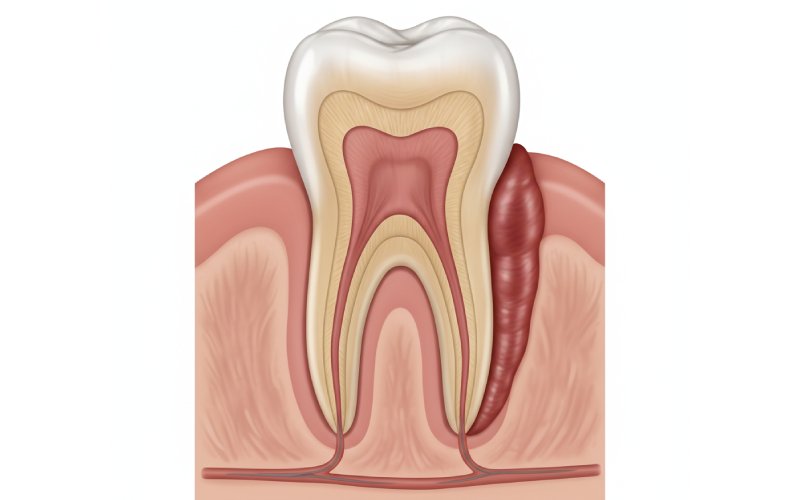
Why is Uncontrolled Diabetes a Worry for Dental Implant Surgery?
Diabetes changes how your body handles blood sugar. When diabetes is not under control, high blood sugar levels can lead to many problems. For a person considering dental implants, it can make the healing process much slower. After the implant placement, your body must heal around the implant. High blood sugar makes it harder for your body to do this job. This can disrupt healing and hinder the implant from joining with your bone.
Uncontrolled diabetes also makes you more likely to get infections. An infection around a new dental implant is a very big problem. It can make the implant fail. But this does not mean people with diabetes can never get a dental implant. Patients with well-managed diabetes can have very good results with their implant. If you have diabetes, your dentist will want to be sure your blood sugar is under control before you undergo implant surgery. They will speak with your doctor to make sure a dental implant is a safe and smart choice for you.
How Do Autoimmune Diseases Affect My Chances of Getting a Dental Implant?
Autoimmune diseases occur when your body’s defense system attacks your own healthy cells by mistake. Sicknesses like rheumatoid arthritis and lupus are types of autoimmune diseases. These diseases can cause swelling in the body and weaken your ability to heal. This can create a problem for the success of a dental implant. The healing process after the implant placement is a key part of letting the implant join with your jawbone.
Also, some of the certain medications used for autoimmune diseases can lower your body’s defenses. This makes it harder for your body to stop an infection after implant surgery. A weaker defense system can impede bone healing and may increase the risk of complications. If you have one of these autoimmune diseases, your eligibility for dental implants will depend on how well you are managing your sickness. Your dentist and your doctor need to work as a team to decide if a dental implant is the right appropriate treatment for you.
Does Past Radiation Therapy Mean I Can’t Get an Implant?
If you have had radiation therapy on your head or neck, it can affect your candidacy for a dental implant. The radiation used for cancer is very powerful. It can harm the jawbone and the glands that make spit. The radiation can lower the blood flow to the jaw area. This can hinder the bone’s power to heal. This makes it very hard for the implants to integrate with the jawbone.
The risk is greatest for people who are currently undergoing radiation or who just finished their radiation treatments. The radiation can weaken the bone quality and the body’s power to heal. This can disqualify you from receiving implants for a while. But, if your radiation treatment was a long time ago, your eligibility might be better. Your dentist will need to work with your oncologist to check the health of your jawbone. They might use special scans to see if your bone is healthy enough for a dental implant. Your safety is always the top priority.
What Daily Habits Can Stop a Dental Implant From Working?
Your daily habits and lifestyle choices are a big part of how well your dental implant does. Some habits can impede the healing process and put your implant in danger. Your dentist will ask you about these things when figuring out if you are a good candidate for a dental implant.
These lifestyle factors can cause problems:
| Daily Habit | Why It’s a Problem for a Dental Implant |
|---|---|
| Smoking | A smoker has a bigger risk of implant failure. Smoking lowers the blood flow to your gums and bone. This makes healing take longer. It also makes you more likely to get an infection around your dental implant. |
| Heavy Alcohol Use | Drinking a lot of alcohol can weaken your body’s defenses. It can also disrupt the bone healing process. This makes it harder for your bone to grow around the implant. |
| Poor Oral Hygiene | If you don’t brush and floss well, germs can grow around your dental implant. This can cause an infection called peri-implantitis, which is like gum disease for an implant. This can lead to bone loss and make the implant fail. |
Being a smoker is one of the biggest lifestyle factors that can disqualify you. Many dentists will not give a dental implant to someone who smokes a lot. Quitting or reducing how much you smoke can make your chances for a good implant much better. Sticking to good oral health habits after receiving dental implants is also very important. A dental implant needs care, just like a real tooth.

Am I Too Young or Too Old for a Dental Implant?
Your age is not usually a reason to disqualify you from receiving dental implants. You can be a good candidate in your 80s or 90s if you are in good health. The main thing is your overall health, not the number of years you have lived. Many older adults get a dental implant and have wonderful results. Dental implants can help them eat their favorite foods and feel better about their smile.
But, being too young can be a problem. Children or teenagers are not good candidates for dental implants. This is because their jaw is still growing. If a dental implant is put in a jawbone that is not fully grown, it can cause dental problems in the future. The implant will stay in one place while the bone grows around it. This can mess up the position of the other teeth. Most dentists will wait until the jawbone is all grown up. This is usually around age 18 for girls and a little older for boys, before they will do a dental implant.
Key Takeaways to Remember
Dental implants are an excellent choice for missing teeth, but your suitability is very important. Here are the most important things to keep in mind when you are considering dental implants:
- You must have healthy gums. Any untreated gum disease or periodontal disease has to be fixed before you can get a dental implant.
- You need to have enough jawbone. A dental implant needs a strong jawbone to hold on to. If you do not have enough bone, a bone grafting treatment may be able to help.
- Your general health is a big deal. Health problems that are not under control, like diabetes or autoimmune diseases, can hinder healing and affect the success of your implant.
- Your lifestyle habits matter. Smoking and poor oral hygiene are big risks that can cause your dental implant to fail.
- Always speak with an expert. The only way to know for sure if you are a good candidate is to consult with a dental professional. At the dental clinic, they will check your oral health, jawbone density, and medical history. They can then suggest the best tooth replacement option for you.


